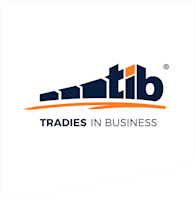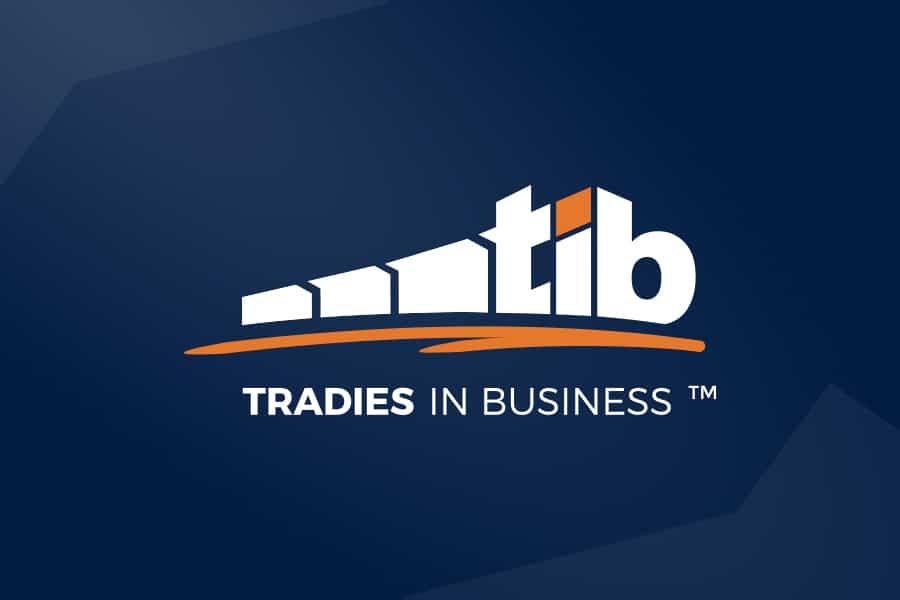There is nothing alarmist about good business practice and effective loss prevention
It may seem we often harp on about chasing up slow payers but the reality is, “give them an inch and they’ll take a mile” really applies in business. And it’s a chain reaction. Once a customer fails to pay a large invoice, then his supplier may not have the cash flow to pay his supplier. And so it goes. It’s in the best interests of business as a whole community for everyone to do their due diligence.
One could say that it starts with the act of paying one’s own bills on time, and while that is noble and will keep the financial cogs turning across the board, there is another important priority. Every entity that is owed money should keep abreast of their Accounts Receivable to ensure all invoices are paid, on time, every time.
It’s vital that you take affirmative action as soon as you notice a payment is overdue.
- Send a reminder letter. It could be just the memory jog needed to make that payment happen.
- Send a text message. Another memory jog, but one that could have a more instant result.
- Call the customer. Making direct contact makes it difficult for the customer to ignore your invoice.
- Visit the customer. If the outstanding amount is significant enough to affect your business’s cash flow, then dropping in to your customer unannounced will likely see you walking out with a cheque.
Note: None of the above actions need to be ‘threatening’ or menacing. Quite often, late payments are the result of an honest oversight. Showing your customer that you’re on the case will demonstrate that you are serious about being paid, and sooner rather than later. As the saying goes, the squeakiest wheel always gets the oil.
Ask the right questions to achieve the best results
When chasing up late payers, avoid asking “if” and “why” questions. Asking a debtor if they’re going to pay is akin to giving them permission not to pay! And there is no reason for you to ask why the payment is late. It’s better to phrase your question so that the answer is proactive. Try the following:
- “Is there a problem with the invoice?” (If not, then payment is due now. If there is, then it’s time to correct it.)
- “Was there a problem with our product/service that is causing you to delay payment to us?” (If there was, then resolving the issue will get you paid sooner. If there wasn’t, then payment is due now.)
- “How would you like to pay your invoice today? Cash, direct deposit or credit card?” (It’s very hard for a debtor to avoid making immediate payment when faced with this line of questioning.)
Showing your customers that you mean business will put your invoices ahead of the pile.
Guest post by the team at Ledgerguard

